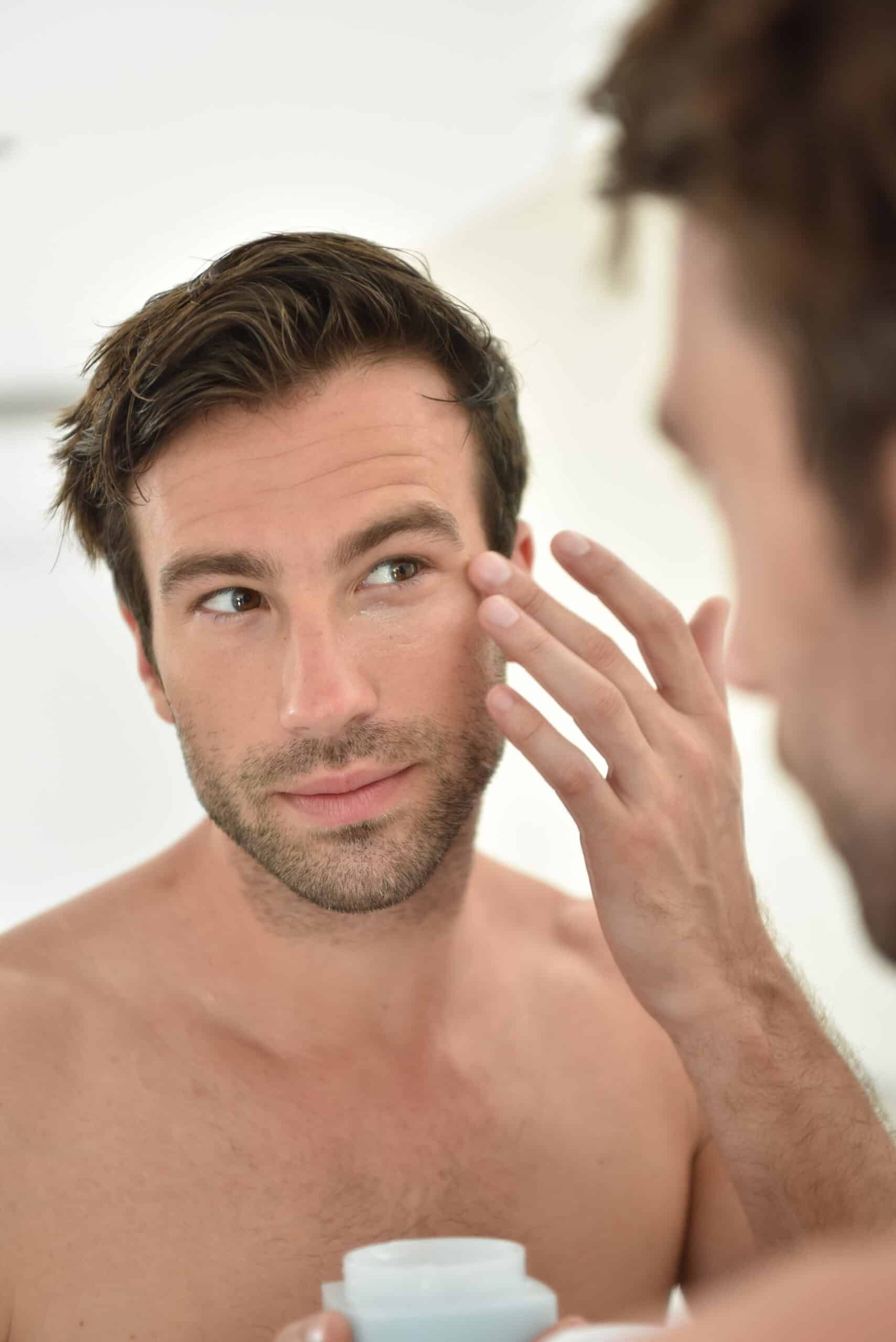Studies have used rapamycin to effectively slow aging in worms, flies, and mice but this study from Drexel University College of Medicine is the first to show an effect on aging in human tissues, specifically the skin; findings showed signs of aging to be reduced including decreases in wrinkles, reduced sagging, and more even skin tone when delivered to humans topically.
“As researchers continue to seek out the elusive ‘fountain of youth’ and ways to live longer, we’re seeing growing potential for use of this drug,” said senior author Christian Sell, PhD, an associate professor of Biochemistry and Molecular Biology at the College of Medicine. “So, we said, let’s try skin. It’s a complex organism with immune, nerve cells, stem cells — you can learn a lot about the biology of a drug and the aging process by looking at skin.”
This study involved 13 participants over the age of 40 who applied rapamycin cream to one hand and a placebo to the other every 1-2 days over a period of 8 months; subjects were checked on at 2, 4, 6, and at 8 months which included conducting blood tests and biopsy at the 6th or 8th month marks.
The majority of participants displayed increases in collagen production and statistically lower levels of p16 skin cell aging markers after 8 months; skin with lower levels of p16 had less senescent cells that are associated with wrinkles, higher levels can lead to dermal atrophy which is associated with fragile skin that tears easily, heals slowly, and is at increased risk of infection and/or complications after injury.
Rapamycin works by blocking TOR proteins that act as mediator in metabolism, growth and aging of cells. “When cells age, they become detrimental and create inflammation,” said Sell. “That’s part of aging. These cells that have undergone stress are now pumping out inflammatory markers. If you ramp the pathway down you get a smaller phenotype,” said Sell. “When you slow growth, you seem to extend lifespan and help the body repair itself — at least in mice. This is similar to what is seen in calorie restriction.”
The research was noted as being in early stages, and that questions remain as to how to go about harnessing the effects of the drug. Additional studies will investigate how to apply rapamycin in clinical settings as well as applications in other diseases. This study was able to confirm that none of the drug was absorbed into the bloodstream of any of the participants.
Boinca Therapeutics LLC has two pending patents to this technology, of which Sell, and Ibiyonu Lawrence, MD, an associate professor of Internal Medicine in the College of Medicine, are shareholders.




